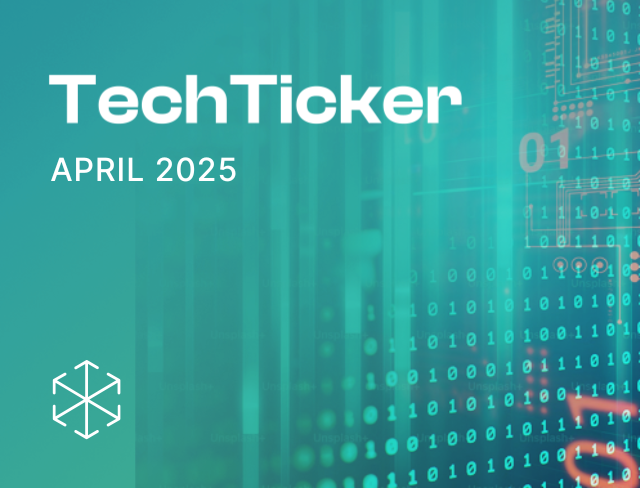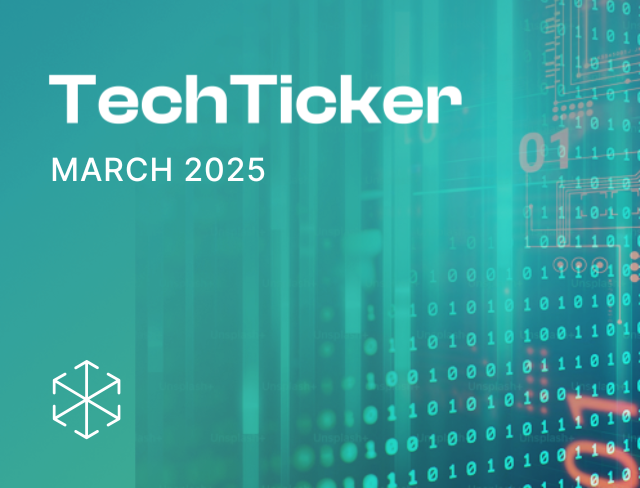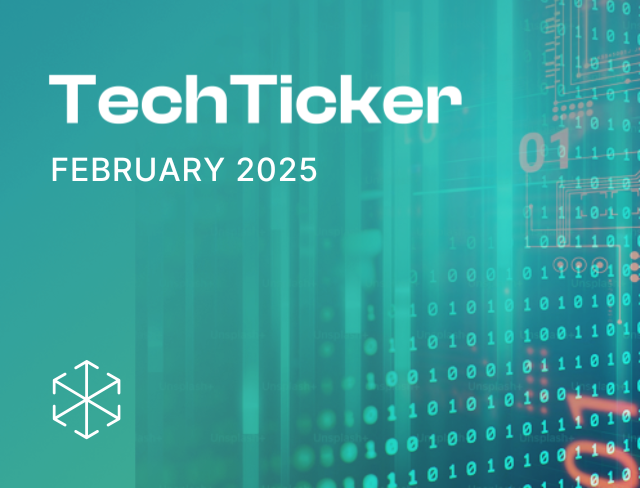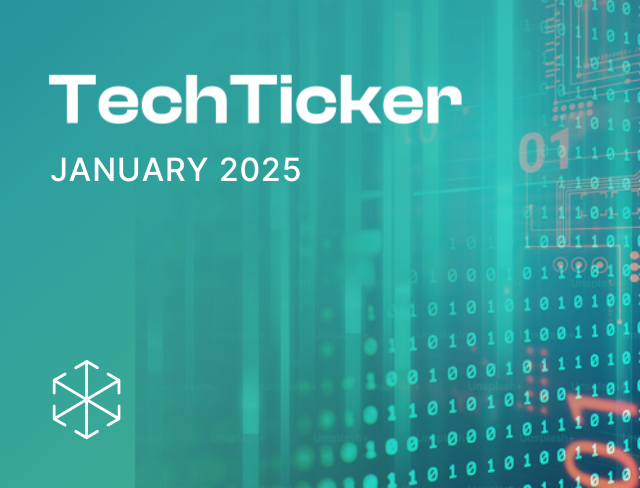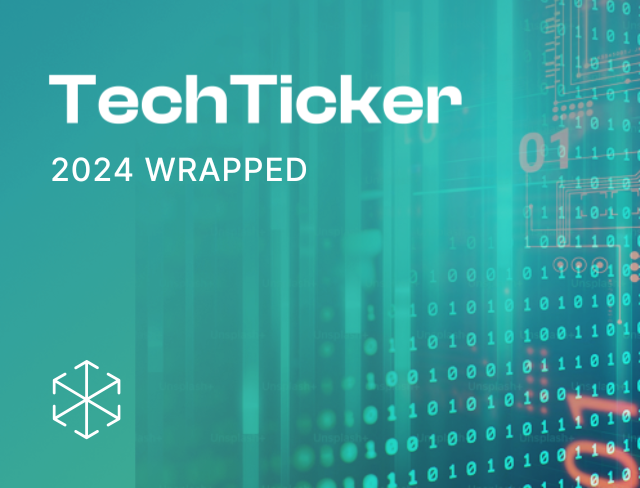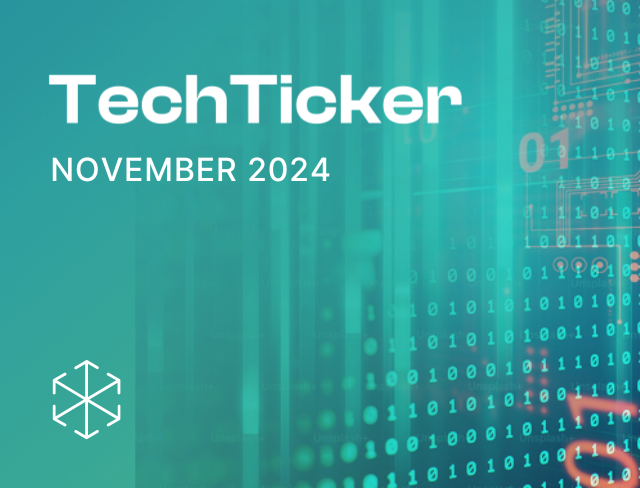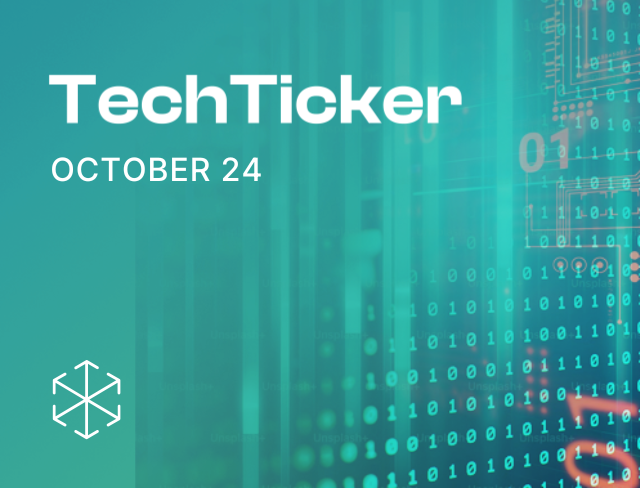Healthtech law roundup
-
India has a new data protection law: The Indian President signed the Digital Personal Data Protection Act, 2023 into law. The Indian government will bring different parts of the law into force over time. To gear up for compliance, businesses need to understand the who, what, why, and where of the personal data they process. Read our summary and primer of the law and sign up for our webinars to know more.).
-
Telemedicine guidelines and professional code for doctors revamped: The National Medical Commission released the National Medical Commission Registered Medical Practitioner (Professional Conduct) Regulations, 2023. Now, doctors should only prescribe drugs with generic names only. E-prescriptions are now valid only for 2 weeks and doctors are required to get explicit consent from patients if they are directly sharing the e-prescription with pharmacies. Doctors are not allowed to participate in platforms that charge fees for higher ratings or getting patients. They also cannot directly/indirectly purchase likes or followers and should not pay money to influence search algorithms used for listing their names. Doctors also cannot participate in telemedicine platforms that provide ratings by patient or others including reviews, advertisements, and promotions of doctors by any means (manipulation of algorithms/search engines etc). The revamped guidelines for telemedicine also list drugs that can be sold without prescription.
-
New drugs bill reportedly headed for cabinet approval: The Drugs Medical Devices and Cosmetics Bill 2023 may head to the Union Cabinet for approval this week. Mansukh Mandaviya, the Union Health Minister, met with industry associations like the Confederation of Indian Industry, Federation of Indian Chambers of Commerce & Industry, and Indian Pharmaceutical Association to discuss the bill on 10 August 2023.
-
10 organisations demand recall of draft drugs’ law: The Association of Healthcare Providers India, Association of Indian Medical Devices (AiMed), Association of Diagnostics Manufacturers of India, the Patient Safety and Access Initiative of Foundation India, and others, demanded that the Union Health Minister, Mansukh Mandaviya, not introduce the Drugs Medical Devices and Cosmetics Bill 2023 in the Parliament’s Monsoon Session. Their joint letter states the draft bill will adversely impact Make-In-India, and the need for separate medical devices law. The joint letter calls for a new committee to be set up for public consultations under the chairmanship of the Indian Council of Medical Research/Department of Science and Technology/Department of Biotechnology.
-
Training for implementation of medical devices rules commenced: India’s medical devices regulator, the Central Drug Standards Control Organisation, began training drugs inspectors notified by the state drugs regulators of Gujarat and Maharashtra, on implementing the Medical Device Rules 2017. Inspectors are being trained on the performance of medical devices, and regulatory aspects including validation, documentation, quality management system, and risk-based assessment.
-
Parliamentary committee reiterates recommendations for medical device regulation: In the Monsoon Session, the Standing Committee on Health and Family Welfare reiterated its 2022 recommendation to have a separate law and a separate department in the CDSCO for regulating medical devices. Typically, standing committees put out ‘action taken’ reports, to see which of their recommendations were implemented by the Indian government. In its August 2023 action taken report, committee did not accept the Health Ministry’s response on a new drugs medical devices law being in the works. Or that the draft creates a separate advisory board for deliberations and advise on technical matters related to medical devices.
-
Parliamentary committee on health data protection: Earlier, in its 2022 recommendations the Standing Committee on Health and Family Welfare noted the need to protect health data generated from wearables, medical devices, and the Ayushman Bharat Digital Health Mission. And recommended stringent data protection norms. The committee in its 2023 action taken report notes that the IT Ministry is working on a new data law (Ikigai note – which has now been passed), and that Department of Pharmaceuticals will work with medical device manufacturers and health facilities on health data.
Digital health roundup
-
Digital Health Incentive Scheme (DHIS) extended: The National Health Authority (NHA), rolling out the Ayushman Bharat Digital Health Mission (ABDM), has kept the DHIS open till 31 December 2023. The DHIS was launched from January 2023, to encourage adoption of the ABDM. Hospital/lab management software and hospitals and labs are given incentives for activities such as facilitating telemedicine or health data lockers of patients through their unique health IDs. Bajaj Finserv and Paytm are high performing digital solutions companies under the DHIS.
-
Draft guidelines on health research data management released for public comments: The guidelines and their implementation plan were released by Indian Council for Medical Research (ICMR), India’s premier body for making policies for ethical biomedical and health research. The guidelines are based on two principles- structured data generation (includes using standard terminology, correcting errors, system level checks) and responsible data sharing (organisations collecting/generating health data should ensure availability of data for research, and those using health data for research should do so legally and ethically). Organisations intending to collect health data for research need a Data Management Plan, approved by an Institutional Data Review Committee (IDRC). IDRC should slot health research data into four categories- open access, restricted data shared upon justification, classified data only to be shared with government, and no-access data (e.g., official secrets). Data quality and metadata should be according to internationally accepted standards. Encrypting data is necessary at all stages. Electronic data capture tools should be periodically audited by India’s cybersecurity regulator CERT-In, and by the IT Ministry, before being used. Organisations collecting health research data should deposit the data with ICMR authorised data repositories. Comments are due by 8 September 2023.
-
Digital health at next G20 Health meet: Health Ministers of the G20 will meet in Gandhinagar from 17-19 August 2023, where digital health will be on the agenda.
Public health roundup
-
QR/bar code for checking genuineness of medicines: From 1 August 2023, drug manufacturers of over 300 drugs should have QR/bar codes on the packaging. Customers can simply scan the code with the camera on their phone to get information about the drug. If the scanning results in mismatched information (e.g., of the batch numbers) or fails to reveal any information, the drug is likely a fake.
-
Policy on national access to menstrual hygiene in the works: The Health Ministry is reportedly working on a policy to enhance access to menstrual hygiene products. The policy may look to establish partnerships with online platforms, local retailers, and pharmacies, to ensure access to menstrual products. Reporting indicates that an in-person consultation took place and inputs from relevant stakeholders collated.
-
Indian government reviewing decision to allow second-hand medical device import: Reporting suggests that the review comes after the issue was raised by AiMeD. The matter has reportedly been referred to the Directorate General of Health Services.
Author credits: This newsletter is brought to you by our health-tech team.
Image credits: Ikigai Designs

